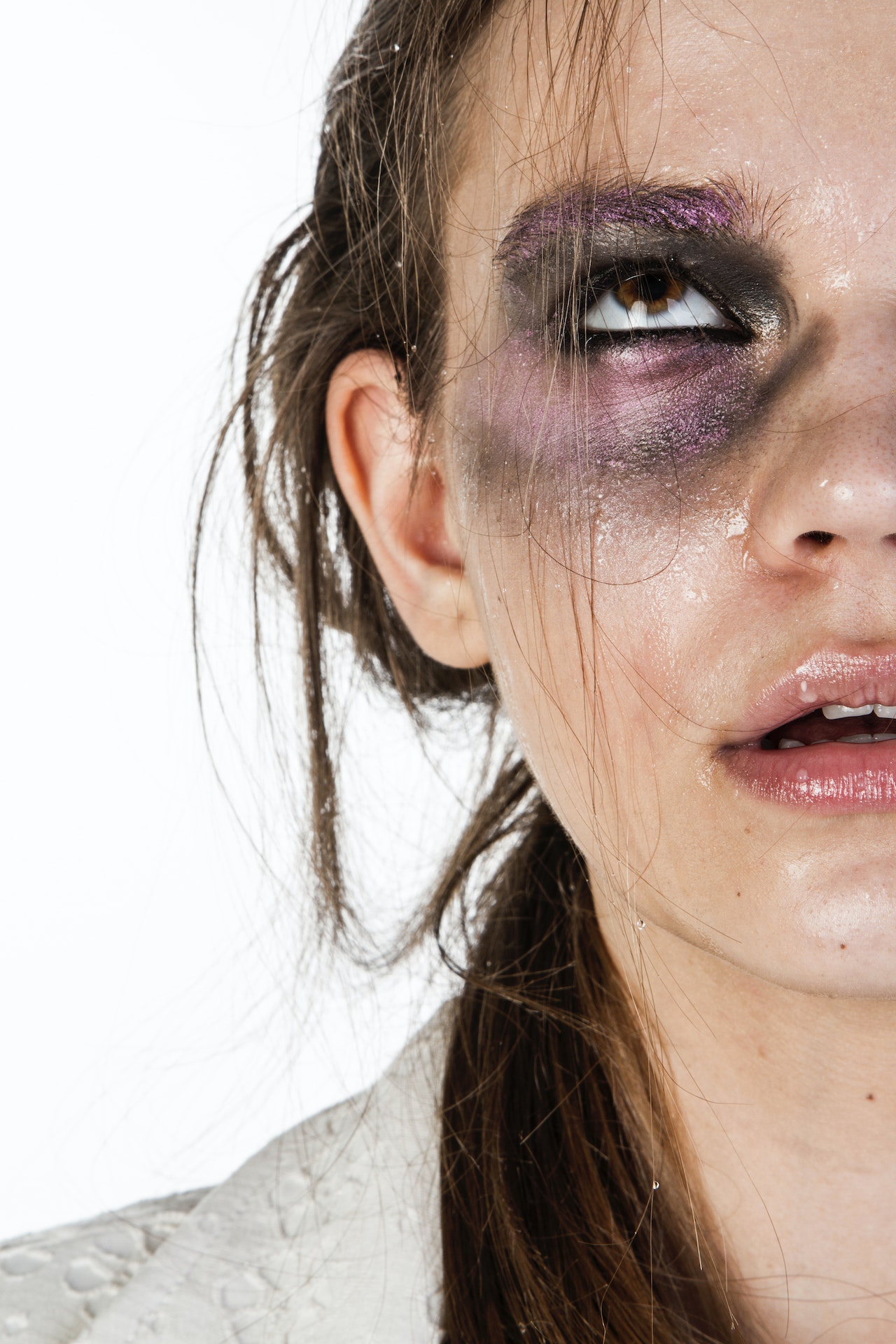Clinical Depression is one of the 5 types of depression and is one of the more-severe form of depression, also known as major depression or major depressive disorder.
Clinical Depression is a mental health disorder characterized by persistently depressed mood or loss of interest in activities, causing significant impairment in daily life. It is not the same as depression caused by a loss, such as the death of a loved one, or a medical condition, such as a thyroid disorder.
SYMPTOMS
Clinical Depression affects people in different ways and can cause a wide variety of symptoms. They range from lasting feelings of unhappiness and hopelessness, to losing interest in the things you used to enjoy and feeling very tearful. Many people with Clinical Depression also have symptoms of anxiety.
There can be physical symptoms too, such as feeling constantly tired, sleeping badly, having no appetite or sex drive, and various aches and pains.
The symptoms of Clinical Depression range from mild to severe. At its mildest, you may simply feel persistently low in spirit, while severe Clinical Depression can make you feel suicidal, that life is no longer worth living.
Most people experience feelings of stress, anxiety or low mood during difficult times. A low mood may improve after a short period of time, rather than being a sign of depression.
CAUSES
There’s no single cause of Clinical Depression. It can occur for a variety of reasons and it has many different triggers. Possible causes include a combination of biological, psychological and social sources of distress. For some people, an upsetting or stressful life event, such as bereavement, divorce, illness, redundancy and job or money worries, can be the cause.
Increasingly, research suggests that these factors may cause changes in brain function, including altered activity of certain neural circuits in the brain.
TREATMENT
Treatment options range from counseling to medications to brain stimulation and complementary therapies.
Treatment for Clinical Depression can involve a combination of lifestyle changes, talking therapies and medicine. Your recommended treatment will be based on whether you have mild, moderate or severe depression.
If you have mild depression, your doctor may suggest waiting to see whether it improves on its own, while monitoring your progress. This is known as “watchful waiting”. They may also suggest lifestyle measures such as exercise and self-help groups.
Talking therapies, such as cognitive behavioral therapy (CBT), are often used for mild depression that is not improving, or moderate depression. Antidepressants are also sometimes prescribed.
For moderate to severe depression, a combination of talking therapy and antidepressants is often recommended. If you have severe depression, you may be referred to a specialist mental health team for intensive specialist talking treatments and prescribed medicine.
If you enjoyed this article, kindly subscribe to this blog and leave a comment below in order to share your views on mental illnesses. stay safe.

The latest tips and article from vastblog straight to your inbox
Join 10,000 subscribers for exclusive access on our weekly newsletter on mental illness and lie in general.


